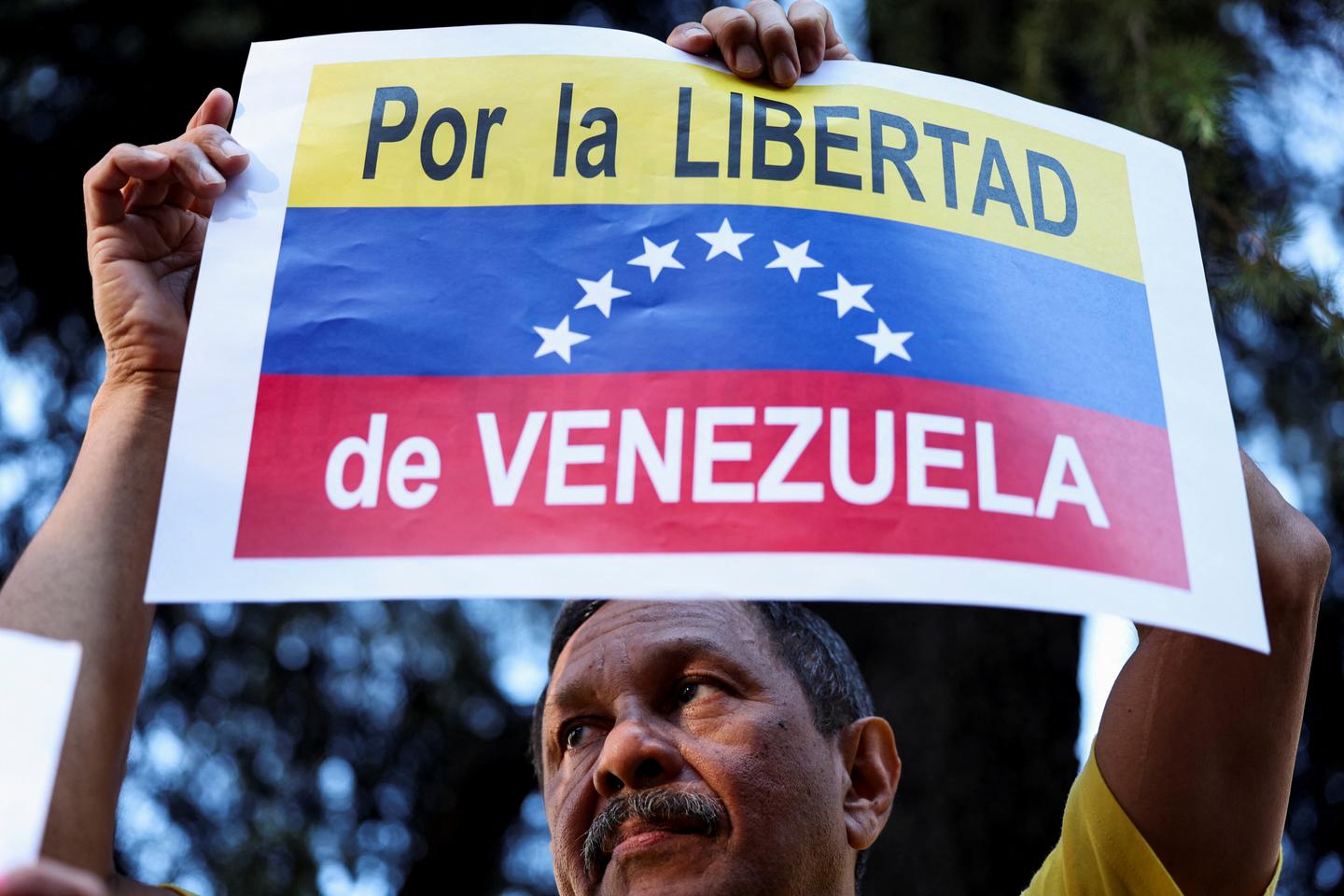


On August 20, in the northern Venezuelan town of La Guaira, on the Caribbean coast, the security services arrested a young journalist, Ana Carolina Guaita. Two days later, she was shipped off to an unknown destination, which seems to still be unknown to this day. Her parents are leaders of the opposition to Nicolas Maduro – the incumbent president, leader of the Chavist party, who proclaimed he had been re-elected for another six years without even waiting for the July 28 election to be counted.
Guaita's parents were forced into hiding, either somewhere in Venezuela or into exile abroad. Why was their daughter arrested? To pressure them into surrendering to the authorities? Nobody knows. What is known is this: Testimonies of torture, ill-treatment and even rape are regularly heard from people who spent time in the regime's prisons. And since July 28, Venezuela has been living through days of darkness. The regime's repressive apparatus – a machine as brutal as it is sophisticated – intends to crush any challenge to its version of the election results. The first demonstrations at the end of July resulted in at least 2,400 arrests, around 30 people shot dead and over 200 injured.
The opposition is being hunted down. Human rights activists, law experts, trade unionists and journalists are being hunted down. Targeted or indiscriminate arrests, "disappearances," kidnappings, families of detainees held to ransom by the police and militias of the Chavist party in power since 1998: the arsenal is well known and conjures up sinister memories on the Latin American continent. Quoted in the New York Times on August 10, Carolina Jimenez Sandoval, president of the Washington Office on Latin America research center, observed: "I have been documenting human rights violations in Venezuela for many years and have seen patterns of repression before. I don't think I have ever seen this ferocity."
Extension of misery
On July 28, Maduro, counting on abstentions and his grip on the state apparatus, sought a third six-year term. As a precaution, the Chavist party had found a pretext to prevent the popular opposition leader, Maria Corina Machado, from running. Edmundo Gonzales Urrutia, a wise, septuagenarian retired diplomat, wore the colors of the opposition. There was record turnout, but even before the count was complete, Maduro declared victory. The opposition made public the minutes of more than 80% of the voting machines: an undisputed success for Gonzales – who has since taken refuge in Madrid, while Maria Machado lives in hiding.
You have 51.91% of this article left to read. The rest is for subscribers only.
